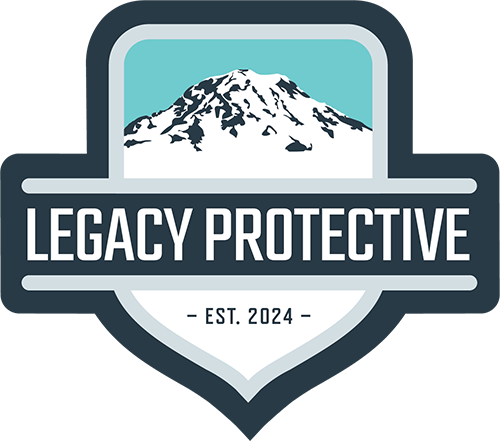Critical Skills Training
Customer Service
Quality customer service for Legacy Protective security officers involves a comprehensive approach that prioritizes effective communication, professionalism, and empathy. Legacy Protective security officers must possess the ability to listen actively and communicate clearly, ensuring that all interactions are handled with respect and understanding. This includes greeting individuals warmly, providing clear directions or assistance, and demonstrating patience and politeness in all situations. Professionalism is key, requiring security officers to maintain a neat appearance, display confidence, and exhibit a calm demeanor, especially in stressful situations. Additionally, empathy is crucial for understanding and addressing the concerns of those they interact with, allowing security officers to tailor their approach to meet the needs of diverse individuals.
At Legacy Protective, we will invest in our security officers with regular training and development in customer service. We understand and value the critical role our security officers play as they represent our partners to the public. Classroom instruction, immersive role playing, and developmental feedback are just a few of the tools we will use to encourage quality customer service.
De-escalation
De-escalation training is paramount for Legacy Protective security officers, equipping them with the essential skills to manage and resolve conflicts peacefully and effectively. Our de-escalation training focuses on techniques that help security personnel identify early signs of potential conflict, communicate effectively to reduce tensions, and navigate stressful interactions without resorting to physical force. By mastering these skills, Legacy Protective security officers can prevent situations from escalating into violence or other harmful outcomes, ensuring the safety and well-being of all parties involved. De-escalation training empowers our officers to approach situations with confidence and calmness, enabling them to make judicious decisions under pressure, which is critical in maintaining a secure and stable environment.
Legacy Protective de-escalation training for our security officers enhances the overall security strategy of an organization by prioritizing non-violent methods of conflict resolution. This approach not only reduces the likelihood of injuries and legal liabilities but also promotes a positive image of the Legacy Protective security team as competent professionals capable of handling challenges with diplomacy and restraint. Moreover, it fosters a culture of respect and trust between Legacy Protective security officers and the people they serve, which is vital for effective security management. As environments become increasingly complex and diverse, the ability of security officers to de-escalate conflicts through communication and empathy becomes even more crucial, making de-escalation training an indispensable component of their professional development at Legacy Protective.
Red Cross
Red Cross training is important for Legacy Protective security officers because it equips them with crucial first aid, CPR, and emergency response skills that are essential in critical situations where immediate medical assistance is needed before professional medical services arrive. This training ensures that security officers can effectively manage a range of emergencies, from minor injuries to life-threatening conditions, thereby reducing the risk of serious health consequences and potentially saving lives. By possessing the knowledge and competence to respond swiftly and efficiently to medical emergencies, Legacy Protective security officers not only enhance their own preparedness and confidence but also significantly contribute to the safety and well-being of the individuals and communities they are tasked with protecting. This added layer of capability reinforces the role of security officers as integral components of an organization’s emergency response and safety protocols.
Contact us To Learn More
"*" indicates required fields
Contact Legacy Protective
"*" indicates required fields
